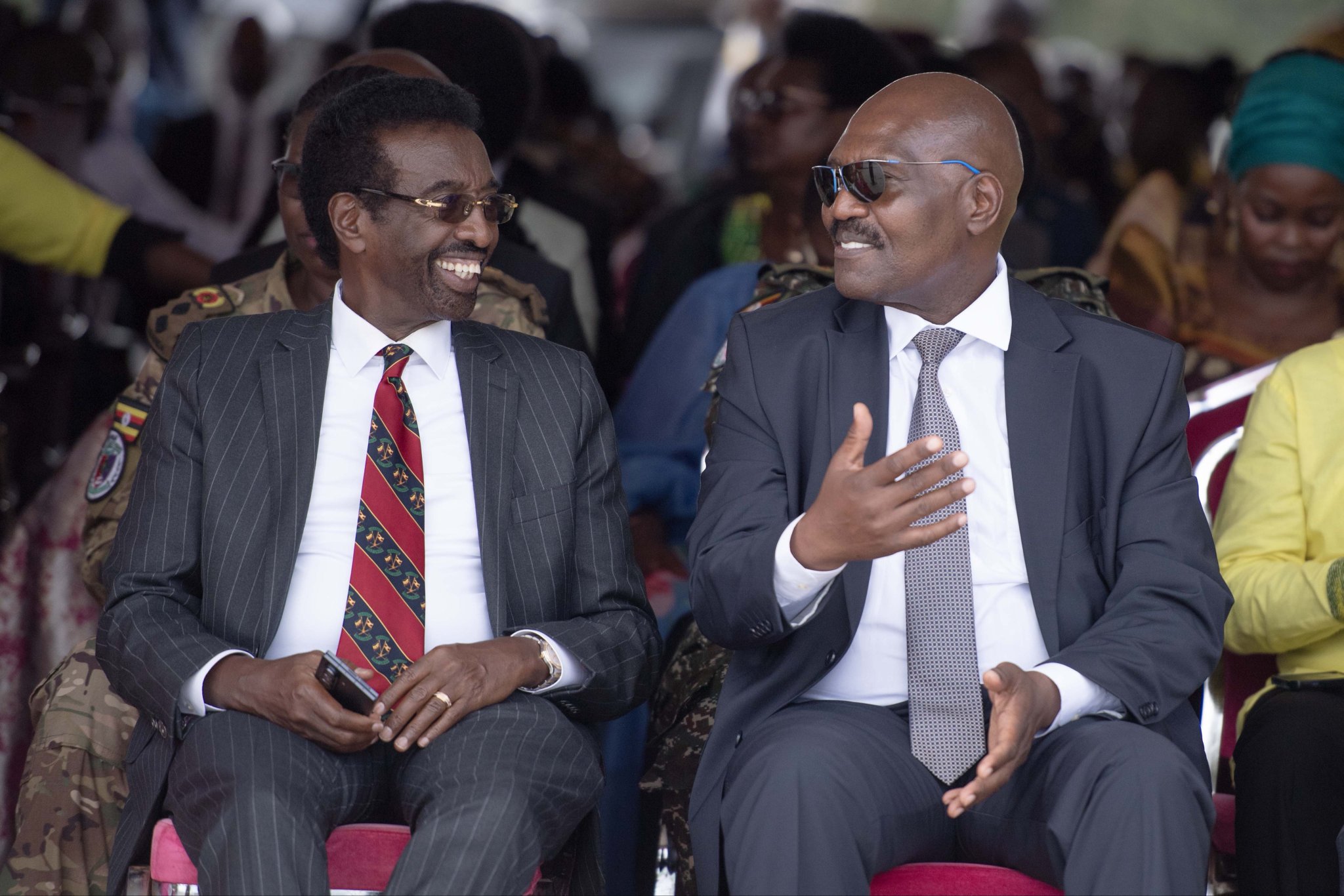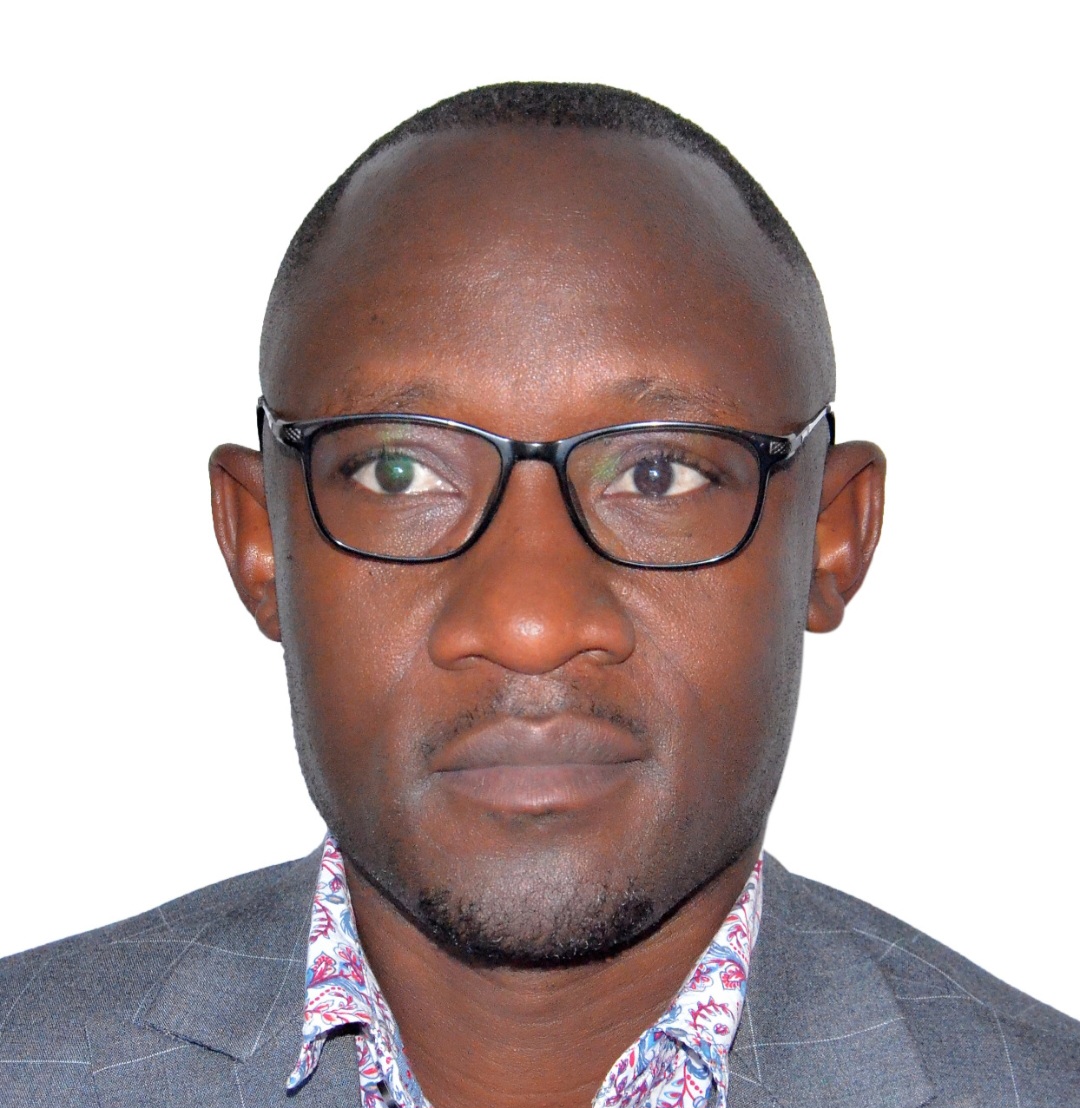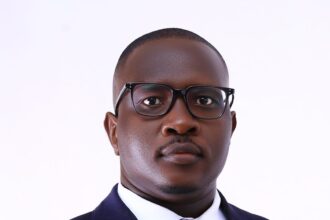As Uganda marked its 63rd Independence Anniversary on October 9, 2025, President Yoweri Museveni turned the celebrations into a profound masterclass in statesmanship. Far from the usual pageantry of parades and speeches, this year’s events at Kololo Airstrip and the preceding National Prayer Breakfast became a vivid tableau of forgiveness and national healing. In a nation scarred by decades of conflict, Museveni’s deliberate embrace of former adversaries wasn’t mere optics—it was a powerful reminder that true leadership lies in reconciliation, not retribution.
The drama unfolded at the prayer breakfast, where Museveni spotlighted Chris Rwakasisi, the once-feared security minister under Milton Obote’s second regime in the 1980s. Rwakasisi, accused of atrocities including the deaths of Museveni’s own children during the brutal Luweero War, had languished on death row after Obote’s ouster. Yet, in 2009, Museveni invoked his presidential prerogative to commute the sentence to clemency, freeing a man who had once symbolized the very tyranny he fought against. Fast-forward to 2025: Rwakasisi, now frail but fervent, took the microphone to declare not just forgiveness, but full reconciliation. “We have forgiven each other,” he said, his voice cracking with emotion, as Museveni nodded in quiet affirmation. The president seized the moment to urge Ugandans: “Forgiveness and reconciliation are the pillars of our unity. Let us resist violence and embrace healing.” It was a scene that transcended politics, evoking tears and applause in equal measure.
The reconciliation theme crescendoed at Kololo, where Museveni paraded Col. Samson Mande before a sea of flag-waving patriots. Mande, a founding commander of the National Resistance Army (NRA)—the very force that propelled Museveni to power in 1986—had turned rebel in the early 2000s. Disillusioned, he aided opposition leader Kizza Besigye’s escape into exile and launched a short-lived insurgency, earning treason charges that carried the death penalty. For 24 years, Mande roamed exile in Europe, a ghost haunting Uganda’s fractured opposition. But on Independence Day, Museveni welcomed him home with open arms, reinstating him to the NRM fold and declaring, “I’m back to my home NRM,” as Mande beamed beside his former commander. The crowd erupted; history, it seemed, had bent toward mercy.
This isn’t a one-off spectacle. Museveni’s ledger of reconciliations reads like a chronicle of pragmatic wisdom. Gen. David Sejjusa (Tinye), the fiery ex-spy chief who fled to London in 2013 accusing Museveni of assassination plots, has since mended fences, returning sporadically to advise on security matters. There was the late Col Anthony Kyakabale, a former rebel turned critic, who was quietly reintegrated into service roles after years of acrimony. He died a free man. Then there’s Gen. Moses Ali, the grizzled veteran who served under Idi Amin’s blood-soaked regime yet became Museveni’s deputy prime minister, a bridge across Uganda’s darkest divides. Hon Okello Oryem, son of ousted president Tito Okello, holds a cabinet seat today. Even Milton Obote’s daughter-in-law, Hon Betty Amongi through familial ties, has found quiet accommodation in the system. These aren’t naive gestures; they’re calculated moves that have stabilized Uganda, turning enemies into allies and preventing the cycles of vengeance that devoured nations like Rwanda or Somalia.
Enter Bobi Wine of NUP fame
In stark contrast, Museveni’s perennial challenger, Robert Kyagulanyi—better known as Bobi Wine—appears locked in a spiral of escalating feuds, often over trifles that undermine his own movement. The National Unity Platform (NUP), once a youthful beacon of hope, now simmers with purges that smack of pettiness and paranoia. Take the September 2025 flagbearer list for the 2026 elections: NUP dumped stalwarts like MPs Medard Ssegona, Joyce Bagala, and Allan Ssewanyana, ostensibly for their “ties” to Mathias Mpuuga, the former parliamentary commissioner whom Bobi Wine accused of corruption and sidelined in a bitter 2024 schism. Bagala, a vocal women’s advocate, lamented being “stuck in the past” by a party that denied her a ticket due to guilt by association. Ssewanyana, fresh from treason trials he blames on state machinations, fired back at Mpuuga for past imprisonments but reserved equal ire for Bobi Wine’s “bitter” leadership. Ssegona, the silver-tongued legal eagle, vowed to fight on, eyeing alternatives like Erias Lukwago’s People’s Front for Freedom.
These aren’t isolated spats; they’re symptomatic of a leader who prioritizes vendettas over vision. Bobi Wine’s rage against “political fallouts” has fractured NUP’s ranks, alienating moderates and fueling whispers of authoritarianism within the opposition. Where Museveni builds bridges—even rickety ones—Bobi Wine burns them, mistaking confrontation for courage. His social media foot soldiers amplify the hate, turning dissent into digital lynching, as Mpuuga recently decried the “haranguing” he endures for defying the party line.
Uganda’s future demands more than fiery rallies; it craves cohesion. Museveni’s overdrive on reconciliation, flawed as his long tenure may be, offers a blueprint for survival in a multipolar world. Bobi Wine’s multiplying fights? They risk rendering him a footnote in the very history he seeks to upend. As we reflect on 63 years of independence, let forgiveness light the path forward—not fury.
Do you have a story in your community or an opinion to share with us: Email us at Submit an Article








